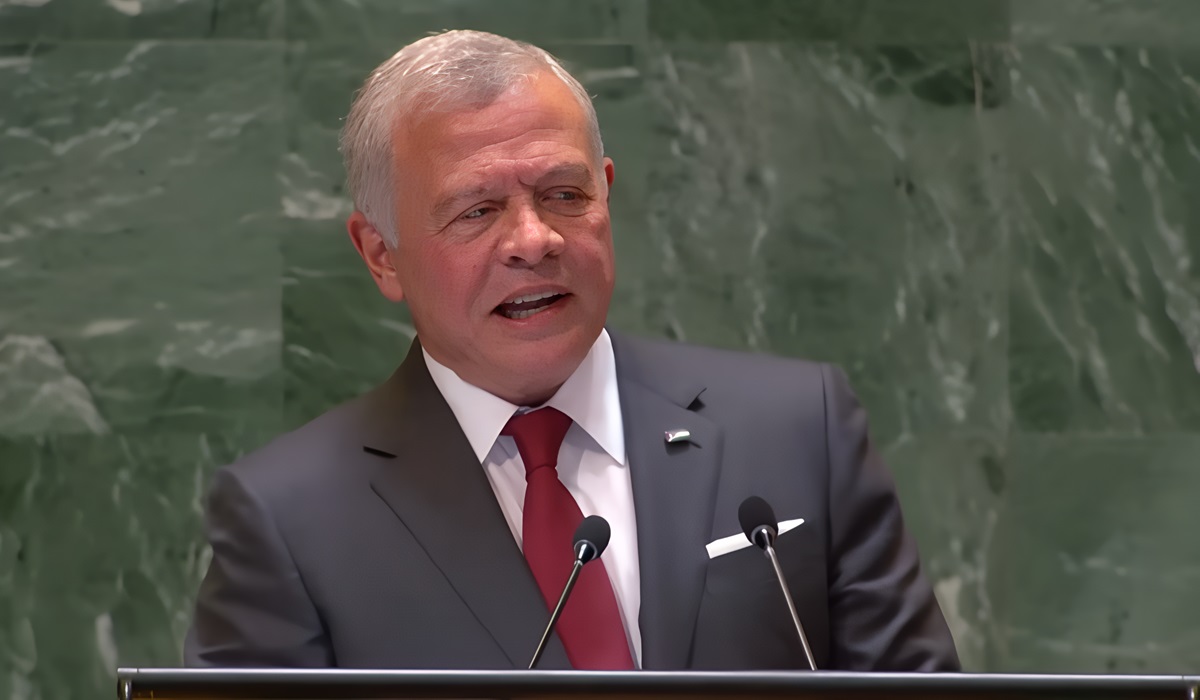US and G-7 Allies Warn Iran Over Ballistic Missile Deal with Russia: A Hypocritical Stance?
- Naomi Dela Cruz
- Middle East
- Trending
- March 19, 2024

Amidst escalating tensions, the United States and its G-7 allies have issued a stern warning to Iran regarding its purported deal with Russia to supply ballistic missiles. This move comes as a response to concerns over the destabilizing effects such transactions could have on the region. However, such warnings raise questions of hypocrisy and double standards in international relations.
Iran, already burdened by extensive sanctions, is no stranger to diplomatic pressure from Western powers. The effectiveness of sanctions, particularly in curbing Iran’s activities, has long been debated. While sanctions aim to restrict the flow of certain commodities, their impact often falls short of achieving their intended goals. Iran has adeptly navigated through sanctions by seeking alternative trading partners, minimizing their efficacy.
The crux of the matter lies in the assertion of authority by the US and its allies to dictate which countries Iran can engage in arms deals with. This raises eyebrows given the US’s status as the largest military-industrialized nation globally. The US has a history of arming various factions in conflicts across the globe, from the ongoing conflict in Ukraine to supplying arms to Israel amidst atrocities in the Middle East.
Critics argue that the US’s stance on Iran’s arms dealings smacks of hypocrisy. Many nations worldwide have called upon the US to cease its arms exports, citing concerns over fueling conflicts and perpetuating violence. However, such calls have largely fallen on deaf ears, with the economic implications of sanctioning the US being deemed too severe for most nations to contemplate.
Interfering in another country’s foreign affairs is a delicate matter, and the US’s position on this front appears to be selective. While advocating for peace and condemning war, the US continues to engage in arms trade, citing economic benefits and strategic interests. Iran’s pursuit of economic gains through arms exports mirrors the same motivations as those driving the US’s arms industry.
At its core, the issue underscores the complexities and contradictions inherent in international relations. While nations strive for stability and peace, they often pursue policies that undermine these very goals. The case of Iran’s ballistic missile deal with Russia serves as yet another example of the tangled web of geopolitics and power dynamics.
The warnings the US and its G-7 allies issued to Iran over its arms dealings with Russia were expected but does nothing to affect how Iran conducts its international trade. However, such warnings must be viewed in the context of broader geopolitical realities and the US’s own actions in the global arms trade. As nations navigate these complexities, finding a balance between security interests and diplomatic integrity remains a formidable challenge.








